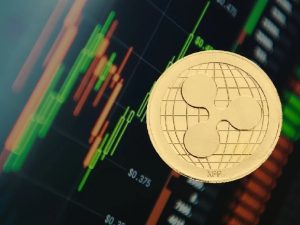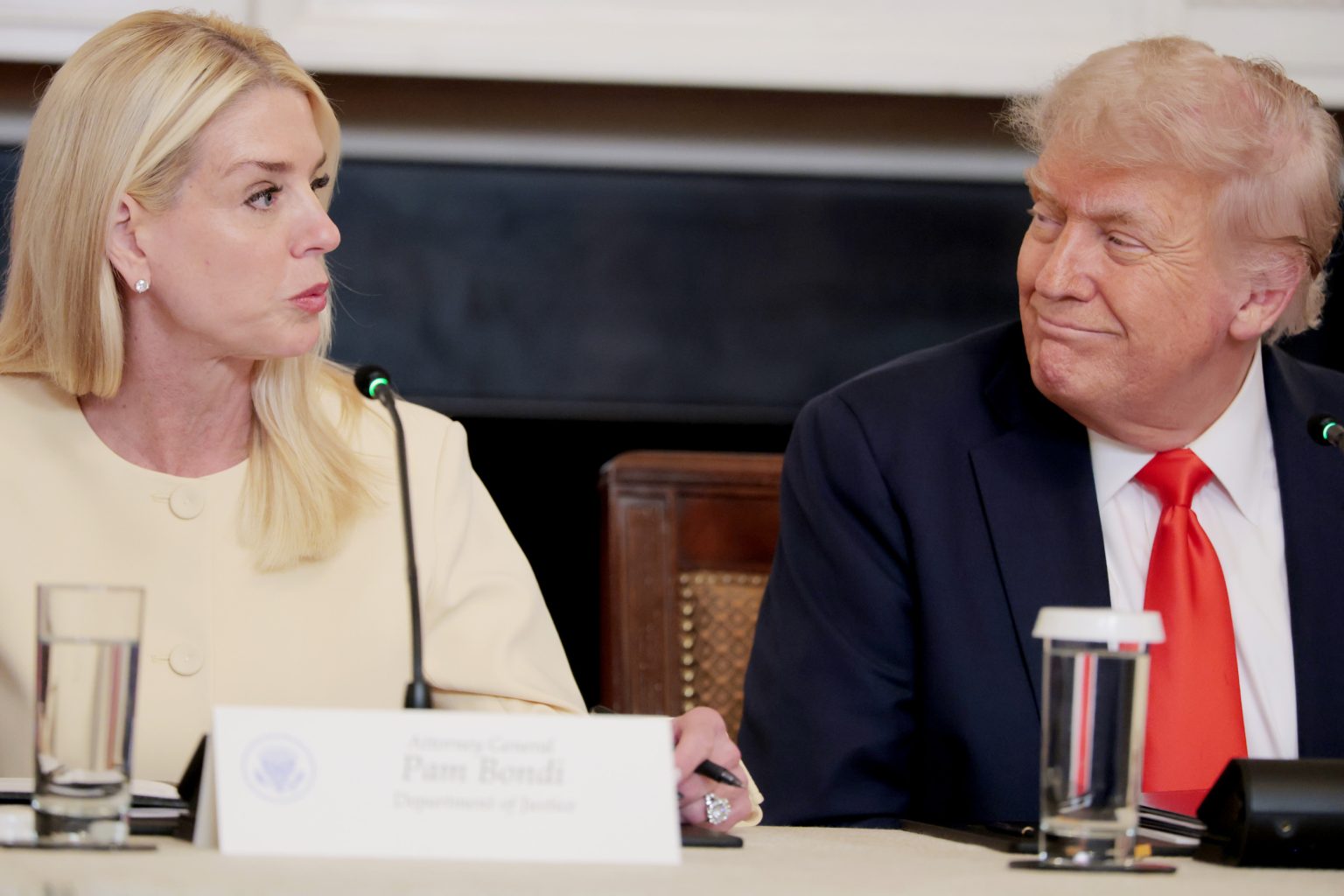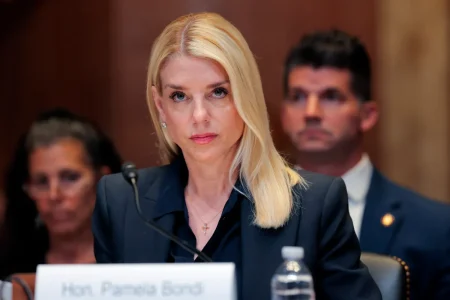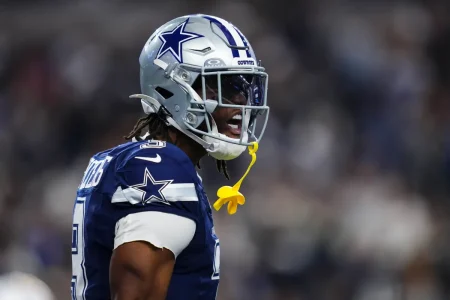Trump Urges Attorney General Bondi to Take Action Against Political Rivals
In a striking display of presidential influence over the Justice Department, President Donald Trump has publicly called on Attorney General Pam Bondi to expedite legal actions against his political opponents. Through a candid post on his Truth Social platform, Trump expressed frustration with what he perceives as delays in pursuing justice against figures like former FBI Director James Comey and Democratic Representative Adam Schiff. This unusual direct appeal from a sitting president to his attorney general highlights the complex relationship between the White House and the Department of Justice, raising questions about the traditional independence of federal law enforcement agencies.
Trump’s message conveyed a sense of urgency and impatience, suggesting that inaction against his political rivals is damaging the administration’s credibility. “We can’t delay any longer, it’s killing our reputation and credibility,” he wrote, pointing to his own legal challenges as justification for reciprocal action. The president specifically referenced his two impeachments and five indictments, characterizing them as baseless attacks while insisting that his opponents are “guilty as hell.” This rhetoric reflects Trump’s longstanding narrative that he has been unfairly targeted by political adversaries, while those who have opposed him walk free despite alleged wrongdoing.
The timing of Trump’s public pressure on Bondi is particularly noteworthy as it breaks with the traditional norm of presidential non-interference in Justice Department matters. For decades, administrations have maintained at least the appearance of separation between the White House and prosecutorial decisions to preserve public confidence in the impartial administration of justice. Trump’s direct appeal to Bondi—mentioning specific individuals he believes should face prosecution—represents a significant departure from these practices. Legal experts and government ethics observers have consistently expressed concern about such presidential involvement in law enforcement decisions, warning that it risks politicizing the justice system.
Attorney General Bondi, who has maintained a public image of independence despite her close relationship with Trump, now finds herself in a delicate position. Trump’s follow-up post expressing that Bondi is doing a “GREAT job” suggests he maintains confidence in her leadership, despite his impatience with the pace of actions against his opponents. This mixed message creates an awkward dynamic where the president simultaneously praises his attorney general while publicly pressuring her to take specific legal actions. The situation highlights the challenges faced by Trump administration officials who must balance loyalty to the president with their institutional responsibilities to uphold the rule of law and departmental independence.
The specific targets of Trump’s ire—Comey, Schiff, and “Leticia” (likely referring to New York Attorney General Letitia James, who has pursued legal actions against Trump’s business interests)—represent individuals who have played significant roles in investigations or legal challenges involving the president. Comey’s handling of the Hillary Clinton email investigation and subsequent testimony about Trump’s conduct, Schiff’s prominent role in Trump’s first impeachment proceedings, and James’s civil fraud case against the Trump Organization have all figured prominently in Trump’s grievances. By publicly naming these individuals, Trump continues his pattern of personalizing political and legal conflicts, framing them as battles against specific enemies rather than institutional processes.
The development comes at a time when public trust in government institutions remains fragile, with Americans increasingly divided over questions of institutional legitimacy and the fair application of justice. Trump’s call for immediate action against his opponents risks further polarizing public opinion about whether law enforcement decisions are being made on merit or political grounds. While supporters may view Trump’s demands as necessary accountability for perceived wrongdoing by his opponents, critics see a dangerous precedent that threatens the independence of the Justice Department and the principle that no one—including the president—should direct prosecutorial decisions for political benefit. As this situation unfolds, the response from Attorney General Bondi and the Justice Department will be closely watched for signs of how the administration balances presidential priorities with institutional norms regarding the separation of politics from the administration of justice.















